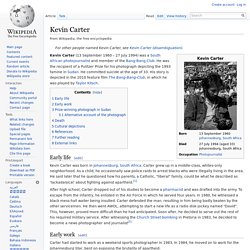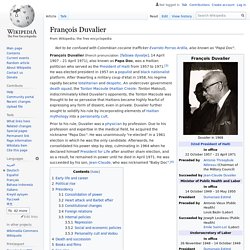

6 Harsh Truths That Will Make You a Better Person. 2017, motherfuckers.

Yeah! LET'S DO THIS. "Do what? " you ask. I DON'T KNOW. Feel free to stop reading this if your career is going great, you're thrilled with your life, and you're happy with your relationships. Via Upscalehype.com For the rest of you, I want you to try something: Name five impressive things about yourself. Note: I originally posted this in December of 2012, and to date it has drawn more than 20 million page views and been shared on Facebook more than half a million times. . #6. Getty Let's say that the person you love the most has just been shot. Getty"OK, which one is the injured one? " You ask, "Are you a doctor? " The guy says, "No. " You say, "But you know what you're doing, right? At this point the guy becomes annoyed.
Confused, you say, "How does any of that fucking matter when my [wife/husband/best friend/parent] is lying here bleeding! Now the man becomes agitated -- why are you being shallow and selfish? Fox and Dog best bros - They met in a forest when fox was just a pup and have been best bros ever since. 42 Biggest Travel Don'ts Around The World. Kevin Carter. Early life[edit] Kevin Carter was born in Johannesburg, South Africa.

Carter grew up in a middle-class, whites-only neighborhood. As a child, he occasionally saw police raids to arrest blacks who were illegally living in the area. He said later that he questioned how his parents, a Catholic, "liberal" family, could be what he described as 'lackadaisical' about fighting against apartheid.[1] After high school, Carter dropped out of his studies to become a pharmacist and was drafted into the army. Early work[edit] Carter had started to work as a weekend sports photographer in 1983. Carter was the first to photograph a public execution "necklacing" by black Africans in South Africa in the mid-1980s.
Prize-winning photograph in Sudan[edit] In March 1993, while on a trip to Sudan, Carter was preparing to photograph a starving toddler trying to reach a feeding center when a hooded vulture landed nearby. Alternative account of the photograph[edit] Death[edit] "I'm really, really sorry. For all those Anti-Vaccine people... Science, b*tch! :) 5 Japanese Words for Those Feelings You've Never Been Able to Explain.
On paper, Japanese looks to an Englishwoman like a spider has walked in ink and danced an eight-legged tap dance across the page.

Actually Japanese writing is composed of three character sets: Kanji (Chinese characters), Hiragana and Katakana and can be written horizontally top to bottom or vertically right to left. In short, it’s impossible. Spoken Japanese is a beautiful tonal wash spoken in many different dialects that adheres to a complex honorific system. Again, impossible, but like all languages there are words and phrases in Japanese for which there’s no equivalent in English and these seem like a wonderful place to start your Japanese education. Read on for 5 Japanese words for those sights and feelings you’ve never been able to explain. Why use eight words when you can use one.
Friendship at first sight. Deep stuff but necessary. François Duvalier. President of Haiti François Duvalier (French pronunciation: [fʁɑ̃swa dyvalje]; 14 April 1907 – 21 April 1971), also known as Papa Doc, was a Haitian politician who served as the President of Haiti from 1957 to 1971.[3] He was elected president in 1957 on a populist and black nationalist platform.

After thwarting a military coup d'état in 1958, his regime rapidly became totalitarian and despotic. An undercover government death squad, the Tonton Macoute (Haitian Creole: Tonton Makout), indiscriminately killed Duvalier's opponents; the Tonton Macoute was thought to be so pervasive that Haitians became highly fearful of expressing any form of dissent, even in private.
Duvalier further sought to solidify his rule by incorporating elements of Haitian mythology into a personality cult. Prior to his rule, Duvalier was a physician by profession. Early life and career[edit] The United States occupation of Haiti, which began in 1915, left a powerful impression on the young Duvalier.